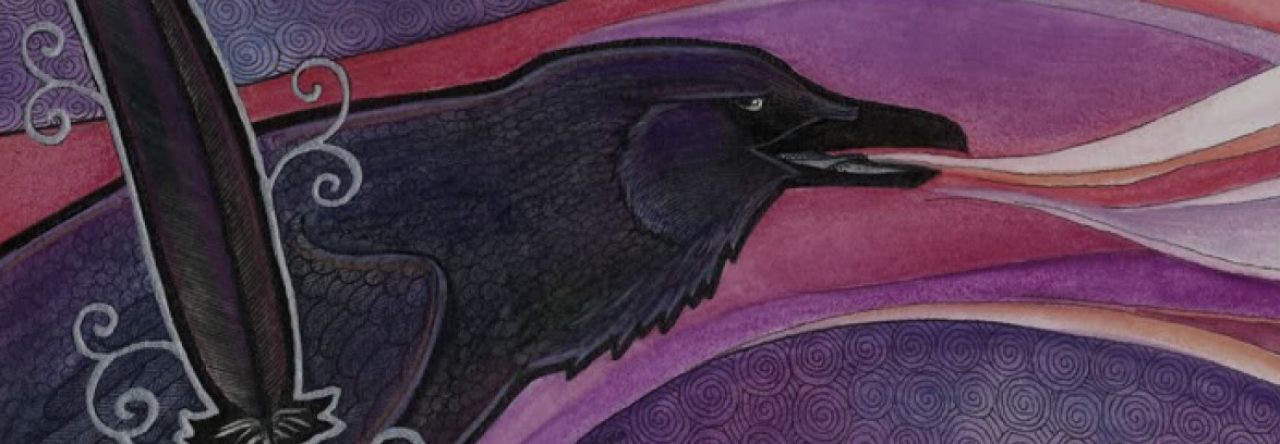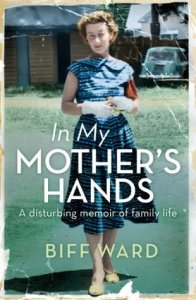
City Guard Elle Brown has one goal in life: to protect her kid sister, Emmie. Falling in love–and with a werewolf at that–was never part of the deal.
Life, however, doesn’t always go to plan, and when Elle meets Clay, everything she thought about her world is thrown into turmoil. Everything, that is, but protecting Emmie, who is Graced with teal-colored eyes and an unknown power that could change their very existence. But being different is dangerous in their home city of Pinton, and it’s Elle’s very own differences that capture the attention of the Honorable Dante Kipling, a vampire with a bone-deep fascination for a special type of human.
Dante is convinced that humans with eye colors other than brown are unique, but he has no proof. The answers may exist in the enigmatic hazel eyes of Elle Brown, and he’s determined to uncover their secrets no matter the cost…or the lives lost.
An eARC of this book was provided by Netgalley in exchange for an honest review. I also subsequently purchased a copy of this book myself.
NOTE: I was an beta reader for this book and have worked with Amanda Pillar as an editor, and consider her a friend. Neither of these things have influenced my review.
This review is presented as part of my commitment towards the Australian Women Writers Challenge 2015.
Graced is writer and editor Amanda Pillar’s debut novel, and is published by Momentum Books.
At first. the world of Graced looks much like many other urban fantasy/paranormal romance worlds. There are vampires who live in an aristocratic society, there are werewolves, and there are humans. But here is where Pillar brings something new to the genre: within the humans are a subset of magically talented people known as the Graced, identifiable by their coloured eyes (Non-Graced humans have brown eyes). The Graced believe that their powers are secret, and want to keep it that way.
Elle Brown is a City Guard working in the primarily vampire-occupied Pinton. Her primary concern in life, other than keeping the peace, is the wellbeing and happiness of her much younger sister, Emmie. Their Grandmother, Olive, a strong Green (a Graced with green eyes, and strong powers), believes both of her granddaughters to be useless. Elle has hazel eyes and no powers, and Emmie has unusual Teal eyes, but appears to only have latent powers. Olive has far-reaching schemes for the Graced, and invites the werewolf Clay Lovett to Pinton. Elle and Clay meet, and there is instant chemistry between them.
Meanwhile, the vampire Dante Kipling is growing curious about humans with coloured eyes – he suspects that the colours must mean something, but he doesn’t know what. His experiments result in the deaths of two Graced, and Olive sends Elle to spy on the Kipling family in disguise as a servant.
And, quite simply, all hell breaks loose.
At first, I wasn’t quite sold on the idea of the Graced – special eye colours are a well-worn trope, and I feared that I would be seeing the same-old same-old here. I shouldn’t have feared, because Pillar adds so much originality and meaning to an old trope – and there are hints that there are deeper threads again to the Graced (and I hope very much that Pillar revisits this world to explore them).
All of the characters are amazing. Elle is a fabulous strong (in the literal meaning of strong) female character, and her love and protective instincts for Emmie make her very relatable. Clay is charming from the moment he steps onto the page, and the chemistry between he and Elle is palpable.
There has to be a mention about the diversity of sexualities in this book. There is little shame in sexuality, and we see characters who are bisexual (and use the word to describe themselves, which happens far too little) as well as asexual.
The setting of this world feels a little nebulous at first – very much like any alternate earth. But as the story progresses, there are hints and clues that this is not just an alternate earth, but in fact something else.
There is much that could easily have become problematic in this book. The implication that a young girl could possibly be bred with an older character is there, but strongly objected to by many characters (so many that you know as a reader that it’s never going to happen). There’s also a good portrayal of a character with a physical disability, who is never maligned for it (except by himself).
This is a fast-paced, fun read that will likely appeal to fans of work such as Anne Bishop’s Black Jewels books (without their problematic issues). Pillar brings a new voice to urban fantasy and has introduced readers to a fabulous new world that I truly hope she returns to. Highly recommended.







